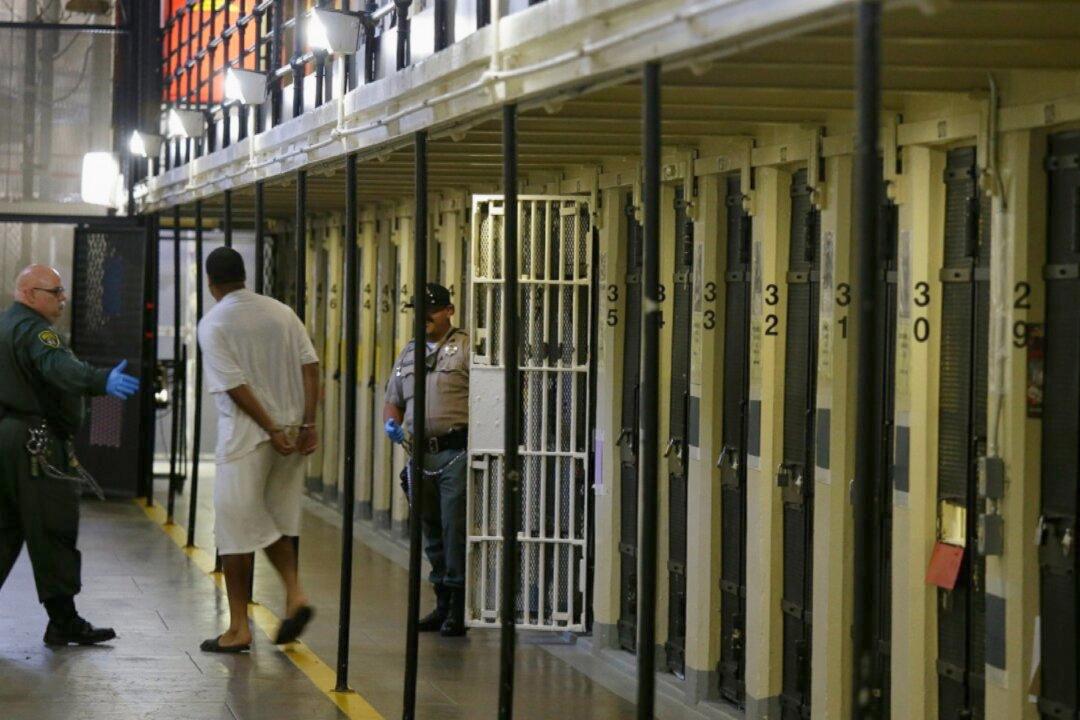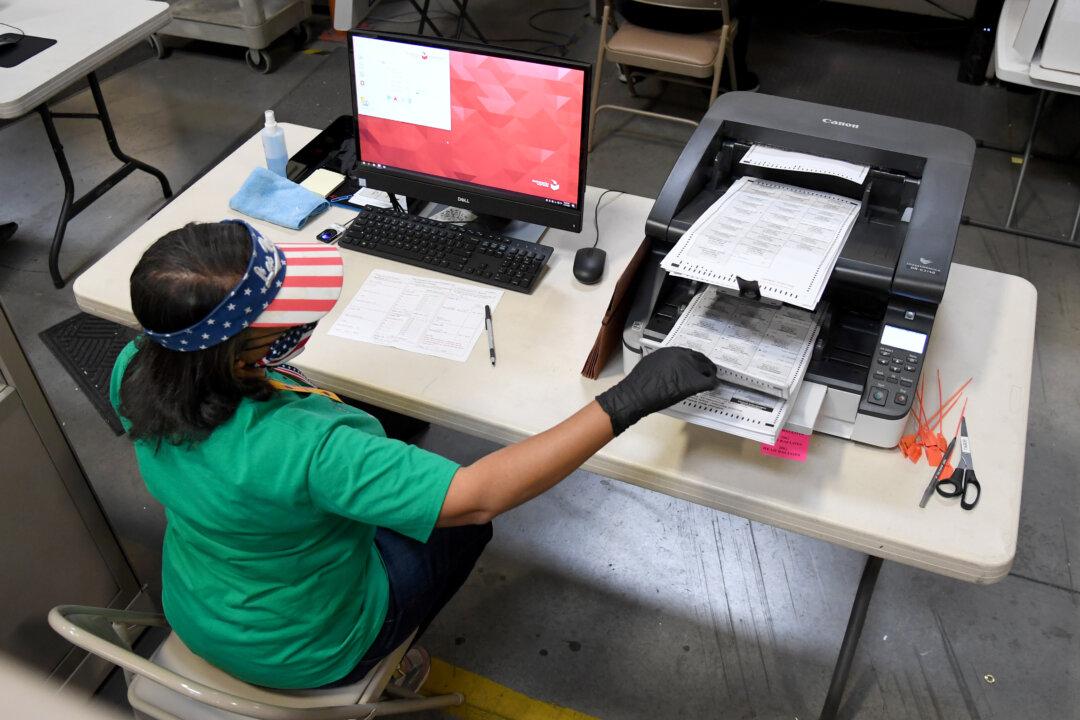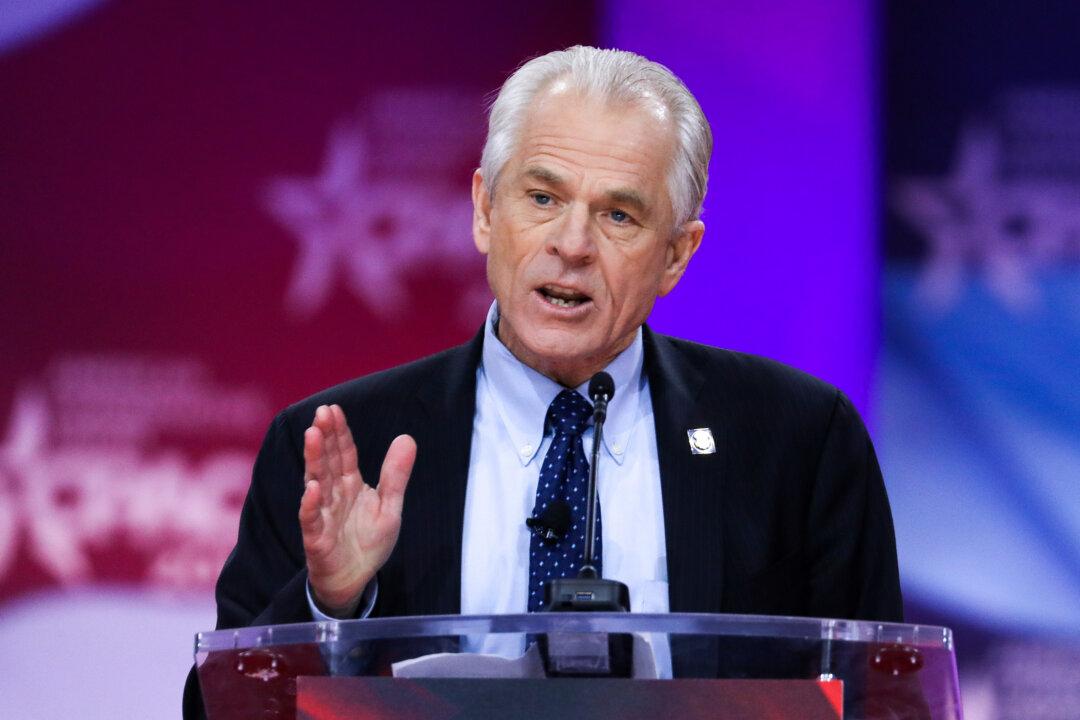The Department of Justice announced that over three thousand inmates will be released on July 19.
“And starting today at prisons around the country nearly thirty-one hundred inmates are being released from BP (Bureau of Prisons) custody due to the increase in good time credits applied to reduce their sentences under the first step act,” said Deputy Attorney General Jeffrey Rosen at a press conference.





